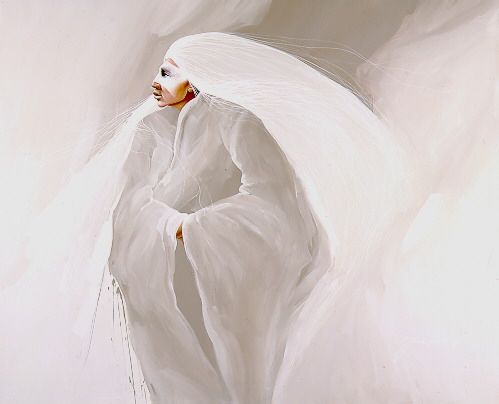By Carol W. Kimball
Cochegan Rock is in the news again. (The Day, July 2, 2007. “Mohegans get back sacred rock linked to Uncas.) Said to be the largest free-standing boulder in New England, or perhaps the whole country, it has recently been transferred from the Boy Scouts of America's East Hartford-based Connecticut Rivers Council to the Mohegan Tribe.
My father used to talk about Cochegan Rock when I was growing up in Quaker Hill. He used to go there, hiking in from Raymond Hill in Montville, but it was too far for one of our Sunday walks. I heard a lot about the place, but I didn't get to see it until one bright day in June 1986 when my friend Bill Linke, a fine botanist, volunteered to show me the way. Now it is accessible from the Connecticut Turnpike, Interstate 395, from behind the Mobil gas station parking lot, but it is well hidden in the woods. However, there is a wide trail well maintained by the Scouts to guide you there. We crossed the rustic bridge over the placid stream and walked up the wooded hillside.
Cochegan Rock has been one of Montville's claims to fame. In the 1920's a tobacco advertising card used it for their promotion of Connecticut Nugget tobacco, although they spelled it “Cacheecan.” They boasted that it was the largest boulder in the world. On this card the weight was listed as 10,000 tons.
Three centuries ago the rock stood in the middle of Joshua Baker Jr.'s hillside pasture on land granted to his father by a deed signed by Mohegan sachem Owaneco, the son of Uncas, in 1700. According to tradition, Uncas held his council meetings there and used the site for a lookout. It is named for Cauchegan, the Indian who lived in that vicinity when the first English settlers came. One Caleb Cauchegan, probably a descendant, signed a petition a century later in 1749 in the days of Samson Occum.
Read more here: http://www.theday.com/re.aspx?re=3008f6f5-d11d-4571-80de-d3d5a61ab6bd
Tuesday, July 17, 2007
Subscribe to:
Post Comments (Atom)





No comments:
Post a Comment